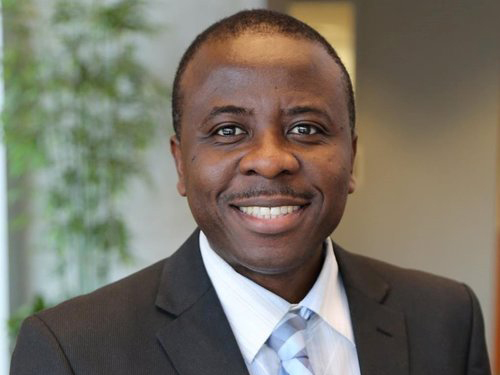Global problems need sustainable solutions
This concentration provides future leaders with an essential foundation in sustainable development concepts and methods. In addition to financial and organizational management training, students gain a thorough understanding of the global development field and cultivate skills to create lasting solutions to persistent social problems. Sustainable development concentrators take a rights-based approach to development and may take courses in project planning, implementation, monitoring and evaluation.
In addition to rigorous coursework, students in this concentration pursue career-building opportunities through internships, fellowships, and team consulting projects, putting them in an immediate position to take their careers to the next level. Graduates of the sustainable development concentration are prepared to become leaders in domestic and international organizations working on poverty alleviation, community development, healthcare, women’s development, biodiversity, conservation, disaster mitigation, small enterprise creation, and advocacy.
Concentration Chair: Joseph Assan
“Sustainable international development is a critical, interdisciplinary, and evolving policy-oriented field that is engaging and progressive. Now more than ever we need highly-trained leaders in the field who understand the principles of project management, impact evaluation, and development practice, and have the mission-driven management skills of Heller’s Social Impact MBA.”

